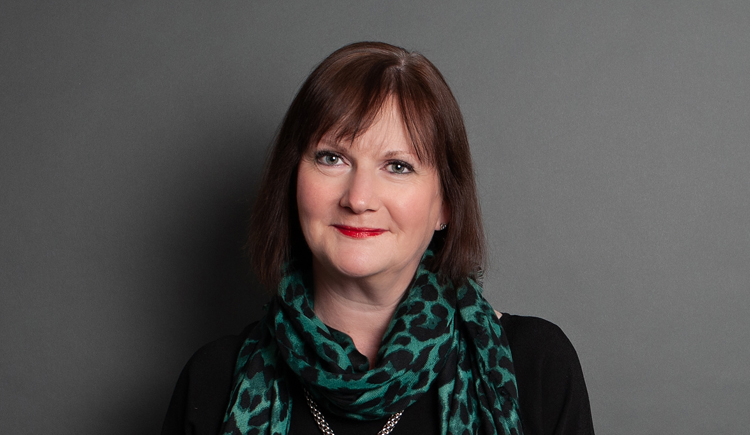Brexit rules
While COVID-19 vaccines and artificial intelligence are keeping the sector in the media spotlight, changes are happening behind the headlines. Brexit is having an impact on the life sciences sector in many ways, some of them still hidden by the pandemic. Obvious areas of change include funding and regulation, but recruitment and other aspects of financing will also be affected.
The first big difference post-Brexit is that all UK companies now fall under different EU rules on investment.
“There are a lot of EU funds that primarily invest in EU-based companies, as they’re only allowed to allocate 15% of their funds to companies outside the EU,” says James Baillieu, a Corporate partner at Bird & Bird. “It now has to be something truly exceptional to make them use some of that allowance on a UK company.”
Part of this gap could be filled by the UK government, Baillieu explains. The Office for Investment launched last November, and there’s talk of a new agency to focus on blue sky research across different sectors, which may be relevant for life sciences. Both of these may negate some of the loss of funding for UK life sciences research from European sources.
“Brexit enables the Government to be more agile, to put an environment for investment in place that’s potentially a bit more flexible than you might have in the EU. And that in itself may help to attract activity and investment into the UK,” Baillieu says.
The result, he suggests, is that UK companies in all sectors – including the life sciences – will be looking further afield for funding in the future. That means the US and particularly Asia, which has been an increasing source of investment for biotech in recent years.
Both Baillieu and Sally Shorthose, a partner in the Life Sciences and Healthcare group at Bird & Bird, report that this need for UK life sciences companies to focus beyond the EU is a key area of their work.
“The big picture is that we’re living in a world where there’s increasing tensions between the different trading blocs, there’s increasing regulation and that regulation is getting ever-more complex. Companies and institutions see a greater need for lawyers to help them navigate all of that regulation and to assess where the risks are. And those risks are increasing.” says Baillieu.



